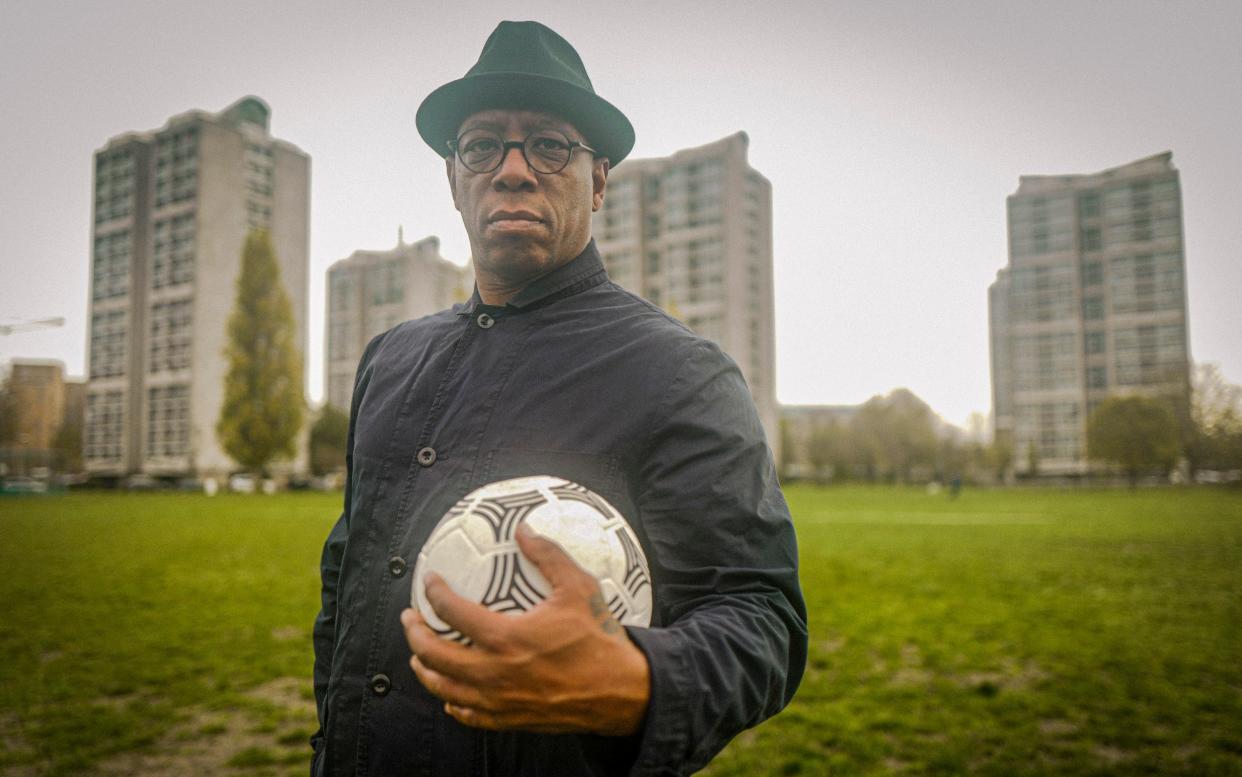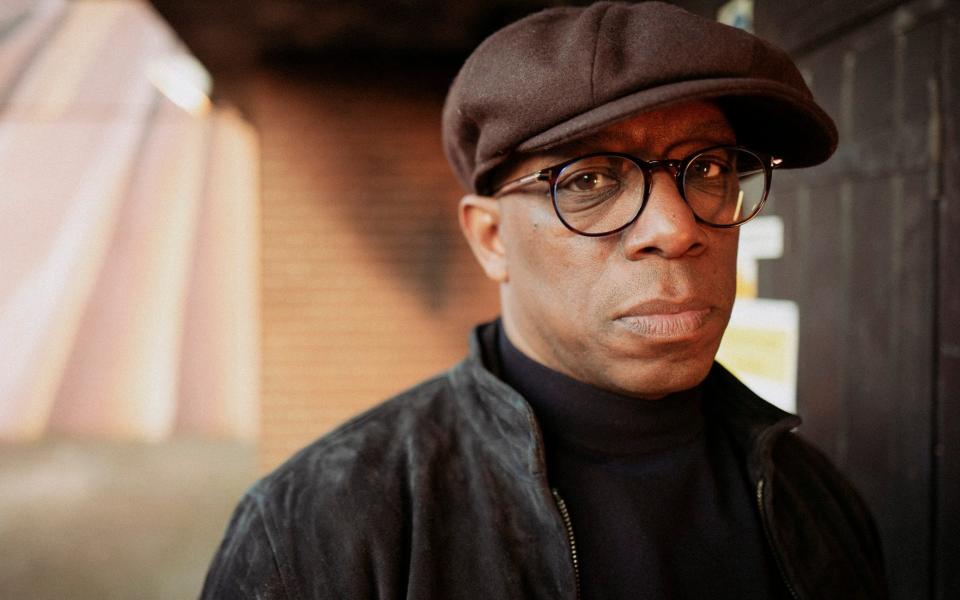Ian Wright: Home Truths, review: this powerful film on abuse is a stark lesson for all

If there is one video guaranteed to make me cry, it’s the one in which Ian Wright is reunited with his primary schoolteacher, Mr Pigden. Wright had a tough home life and Mr Pigden, a former Spitfire pilot, recognised that this little boy needed help. He became a vital role model. It was to him that the former Arsenal and England football star dedicated his autobiography. Wright says he still thinks about him every day.
But the young Wright never told Mr Pigden what was happening at home. It is only now, in Ian Wright: Home Truths (BBC One), that he has truly confronted his past. This was a powerful and profoundly moving hour of television.
Wright is 57 but as he walked back into the room where he had once lived with his mother, stepfather and elder brother, he was transformed back into a traumatised child. “I remember hating him so much but feeling so scared of him because he was so big, his voice was so growly,” Wright said of his stepfather.
It was a horrific childhood at the hands of a violent man. Wright regularly witnessed his mother being beaten; his older brother, beside him in bed, would cover his ears to protect him from the screams. There were also acts of terrible, petty cruelty: nine-year-old Wright made to stand and stare at the wall when his favourite programme, Match of the Day, came on television.

The film stressed that domestic abuse can be emotional as well as physical, although in this case it was both. But the adult Wright also had to reconcile something even more painful, which was the fact that the mother he adored showed him no love in return. She beat him too and told him repeatedly that she wished she’d had a termination. “Hearing your mum don’t want you – it’s going to cause you a problem when you get older,” he said. It takes a brave soul to lay all this bare on television.
Wright has reached a point in his life where he feels the need to make peace with it all; when a psychiatrist told him that his childhood experiences met the clinical definition of severe emotional abuse, it appeared to lift a weight from his shoulders.
And when Wright said he was also making this programme in an effort to help the million children in the UK living with domestic abuse, you believed him. He met people dedicated to stopping the cycle of abuse and looking out for the kids caught up in it. Amid the bleakness, they represented hope – as did Wright himself.

